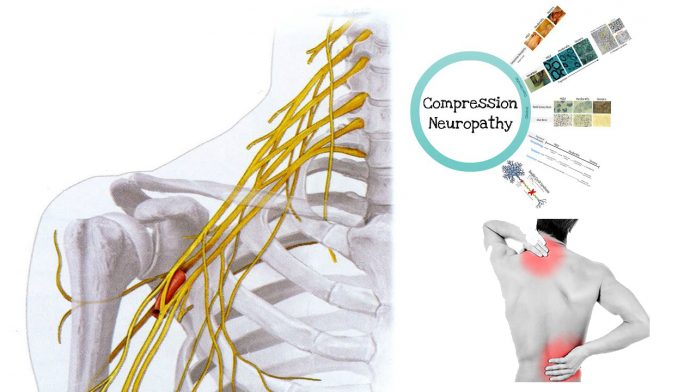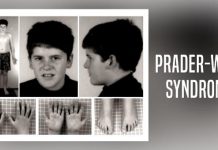Have you been feeling spinal pain lately? Or, do you feel sharp pain that feels like pins and needles? Talk to your doctor about entrapment neuropathy.
Entrapment neuropathy, also called “compression neuropathy,” typically afflicts older persons but can afflict younger persons as well. This particular medical condition occurs as a result of spinal nerves becoming trapped, compressed, or swollen. As a result, nerve damage or nerve destruction occurs.
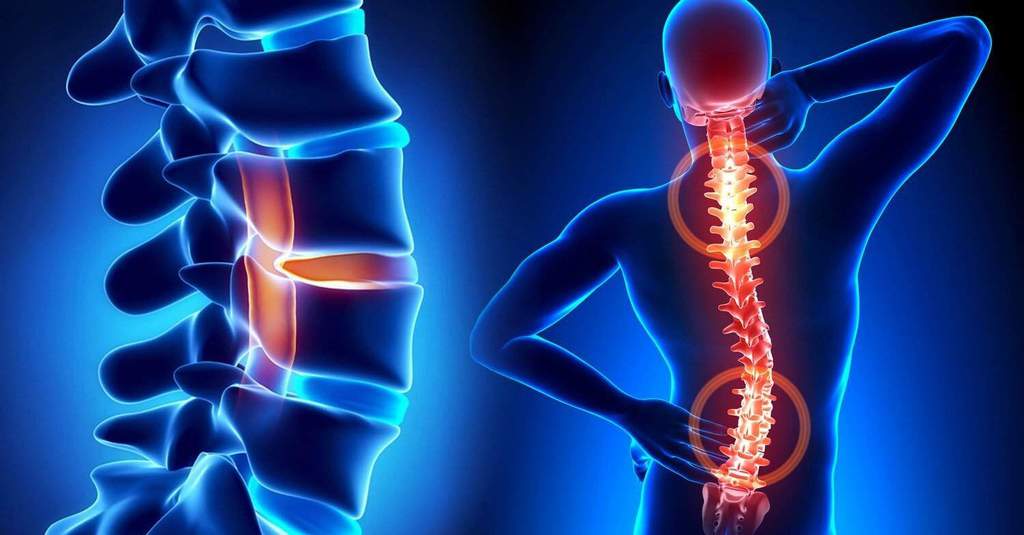
Entrapment neuropathy symptoms include numbness, tingling, muscle weakness, and pain. Where the symptoms appear depends on the specific nerve that is affected. There is usually very sharp pain that feels like pins and needles in the feet, ankles, legs, buttocks or other places in the body. These pains usually precede the muscle weakness symptoms.
Causes
The causes of entrapment neuropathy are varied. For instance, something as simple as sitting with an arm placed over the back of a chair could cause it. By contrast, resting an elbow on a table or putting on a poorly fitting brace or cast on the leg could cause it. Also, slipped, herniated, ruptured, or bulging discs in the spine could cause it. Weight gain, hypothyroidism, scleroderma, carpal tunnel, bone spurs, or tumors could also cause it.
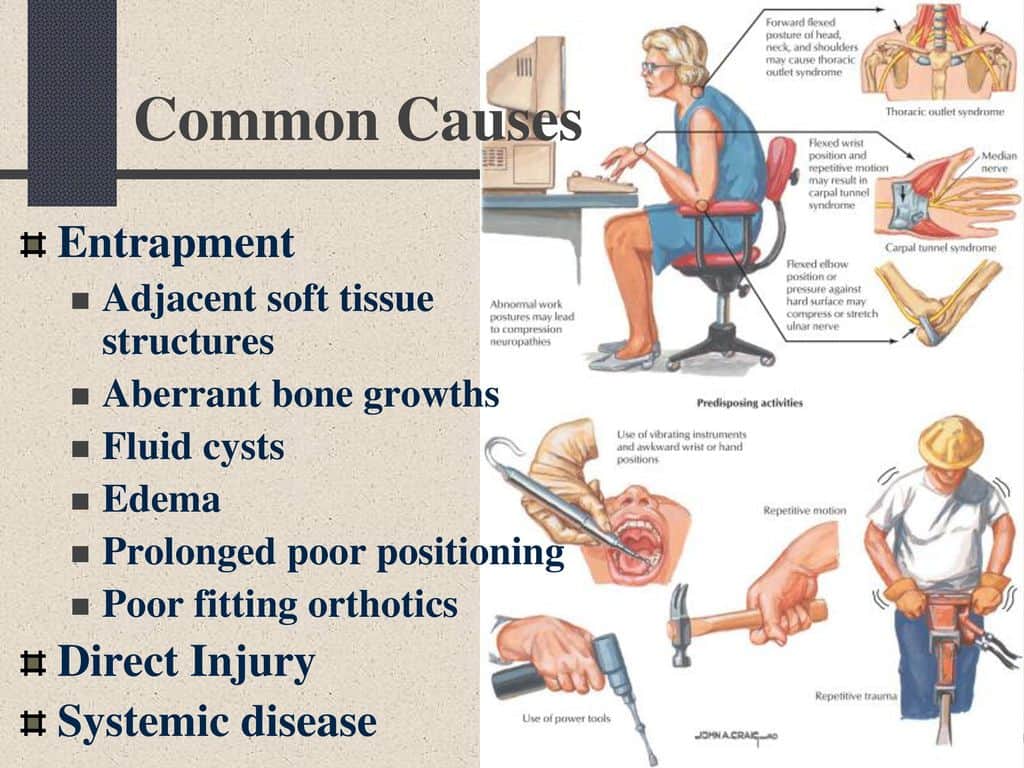
Another potential cause of entrapment neuropathy would be in cases where crutches are not fitted correctly. In these cases, the prolonged or excessive pressures in the axillary area, as a result of the crutches, could cause compression of the radial nerve. The compression of the radial nerve would eventually lead to entrapment problems that would cause extreme pain.
- What Is Aromatherapy Vs. What Are Essential Oils?
- What is La Tomatina in Bunol, Spain Like? What to Expect at the Famous Tomato Throwing Festival
Diagnosis and Treatment
At times, doctors might have trouble diagnosing entrapment neuropathy because there is often a lack of external injury. At first, the patient may not have any sense of why the pain is happening. Granted, nerve conduction studies can help doctors to diagnose entrapment neuropathy. Also, imaging studies such as magnetic resonance imaging (MRI) can be helpful in diagnosis if lesions or tumors are suspected as causing the entrapment neuropathy.
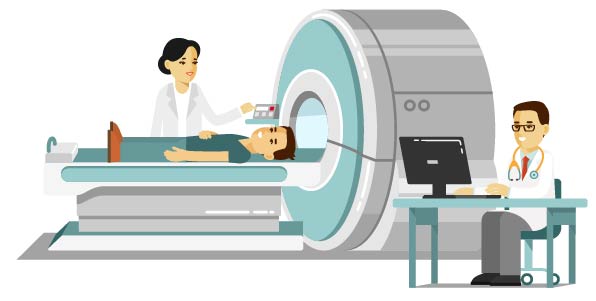
If doctors suspect that an underlying medical condition is causing the entrapment neuropathy, as a rule, they will treat the underlying medical condition first. For example, if the patient happens to have gained weight, doctors might first ask the patient to lose the excess weight.
Granted, if there is no underlying medical condition, doctors will sometimes do surgery as a treatment. Examples of this are cases where there is surgical treatment of cubital tunnel or carpal tunnel syndrome. Granted, surgery does not relieve symptoms of entrapment neuropathy in all cases.

Additional treatment options for entrapment neuropathy include taking medication to reduce swelling, putting an ice pack on the spine at the site of the pain, injections to reduce nerve swelling, and physical therapy to reduce tissue swelling and muscle spasms.
Another treatment that has been done is chiropractic treatment; this particular treatment is suggested by those who adhere to alternative medicine. Also, there are electrotherapy treatments such as transcutaneous electrical nerve stimulators (TENS) that treat entrapment neuropathy by introducing electric current into the body which reduces the pain.


